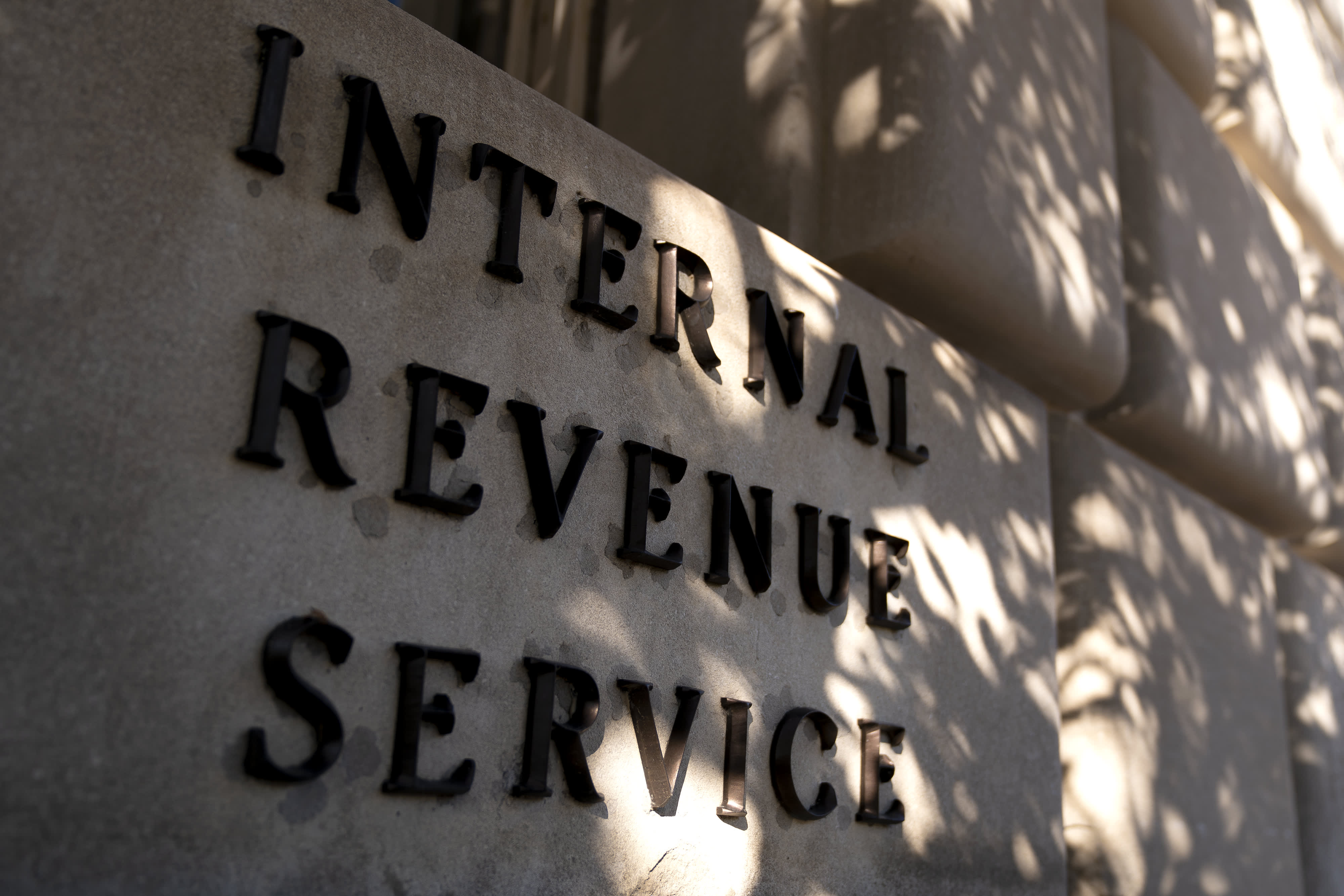Stefani Reynolds/Bloomberg via Getty Images
Millions of Americans will get tax forms for unemployment benefits this filing season. However, many will get them in error due to fraud, creating a potential headache for recipients.
At least $36 billion has been lost to improper unemployment payments, largely due to fraud, by early November, according to an estimate from the Office of the Inspector General for the Department of Labor.
That sum may ultimately balloon to more than $63 billion, the watchdog said last week.
Identity theft has been among the most common frauds, according to security experts. Scammers file fraudulent unemployment claims using the stolen personal data of individuals who didn’t file.
More from Personal Finance:
Pandemic pushes millions from the labor force. That’s bad news
Democrats press ahead on $15 an hour minimum wage
Pandemic heats up state tax competition
The scammer gets the unemployment income but the identity victim gets the associated 1099-G tax form. The federal government treats unemployment benefits as taxable income. (Some states don’t tax benefits, however.)
Scammers were drawn to a relatively high payout per person, especially in the spring and summer when the federal government paid an extra $600 a week. The Pandemic Unemployment Assistance program was frequently targeted since it allowed recipients to self-attest they’d lost a job.
“This is a critical issue that is plaguing labor departments across the United States involving local, state, and even international criminals at times,” Mark Butler, Georgia’s labor commissioner, said of unemployment fraud.
What to do?
Individuals who receive a 1099-G form but didn’t collect benefits should first reach out to the state unemployment agency for a corrected form, according to the IRS. This revised 1099-G would show that the taxpayer hadn’t collected any money.
Some fear it may be difficult to get through to state agencies, which have been plagued by delays during the pandemic amid historic volume.
States may have different instructions or outlets to report identity fraud. California, for example, set up a phone hotline designated for Form 1099-G questions and increased call-center staff.
Taxpayers unable to get a corrected form by the time they file their taxes should still file an accurate return, according to the IRS. In other words, they should only report the income they received and not the unemployment benefits reported on the 1099-G.
But they should consider explaining in a footnote to their tax return that they received a 1099-G in error, said Michael D’Addio, a principal at the accounting firm Marcum who’s based in New Haven, Connecticut.
Taxpayers should also continue to request a corrected tax form even after filing, he said. Otherwise, the IRS may not have updated information at hand and may inquire about a discrepancy.
“At the end of the day, it’s very difficult to get the IRS to agree an item isn’t taxable when they have a form saying it’s taxable income,” D’Addio said. “You tend to want to get that corrected form from the state.”
The IRS issued guidance to states in late December notifying them not to send 1099-Gs to individuals deemed to have been identity fraud victims, which should reduce the number of affected individuals.
Other information
Taxpayers don’t need to file an Identity Theft Affidavit with the IRS for an incorrect 1099-G, according to the agency. These affidavits are only required if the taxpayer’s e-filed return is rejected because a return using the same Social Security number already has been filed, according to the IRS.
Those who are concerned their personal information has been stolen and want to protect their identity when filing their federal tax return can request an Identity Protection PIN from the agency. The PIN prevents someone else from filing a return with the taxpayer’s Social Security number.
There are other measures potential identity-theft victims are encouraged to take, per the Georgia Department of Labor. They include:
- Filing a police report and keeping a copy to show to creditors and credit agencies;
- Changing passwords on e-mail, bank and other personal accounts;
- Asking credit-card companies, banks and other financial institutions to put a fraud alert on your account;
- Getting a copy of your credit report and flag any fraudulent transactions with any of the three major credit reporting companies (Equifax, TransUnion or Experian). You may also place a fraud alert on your credit file and consider freezing your credit.
